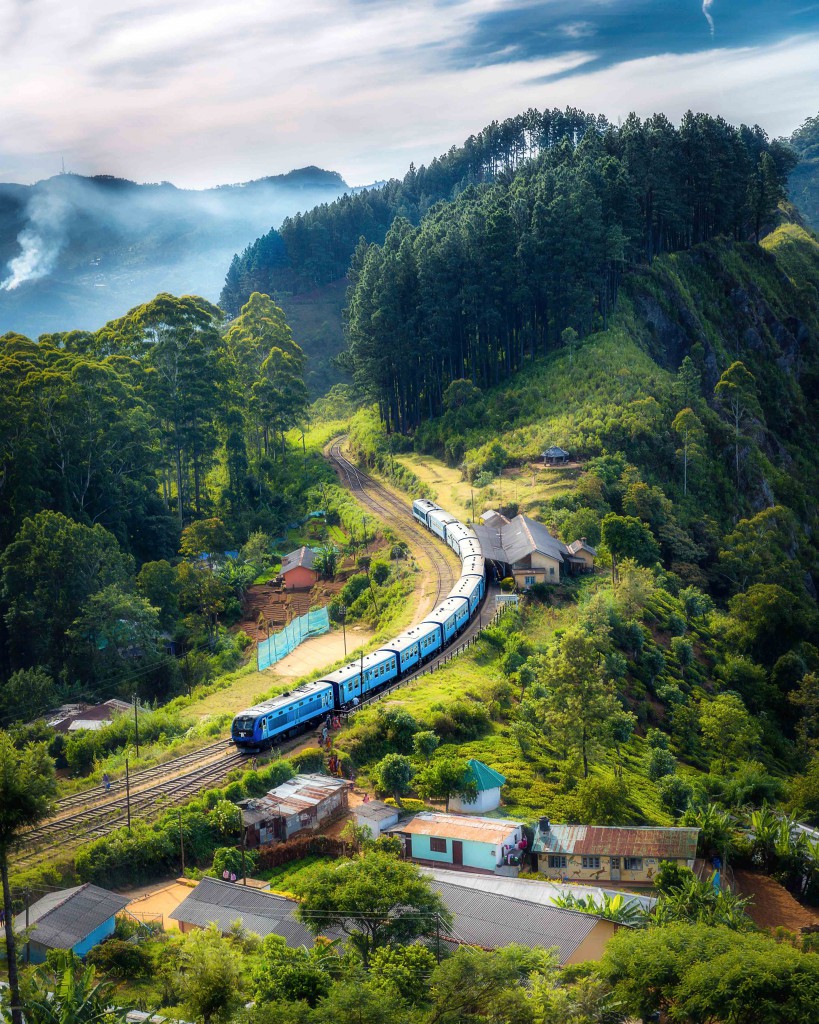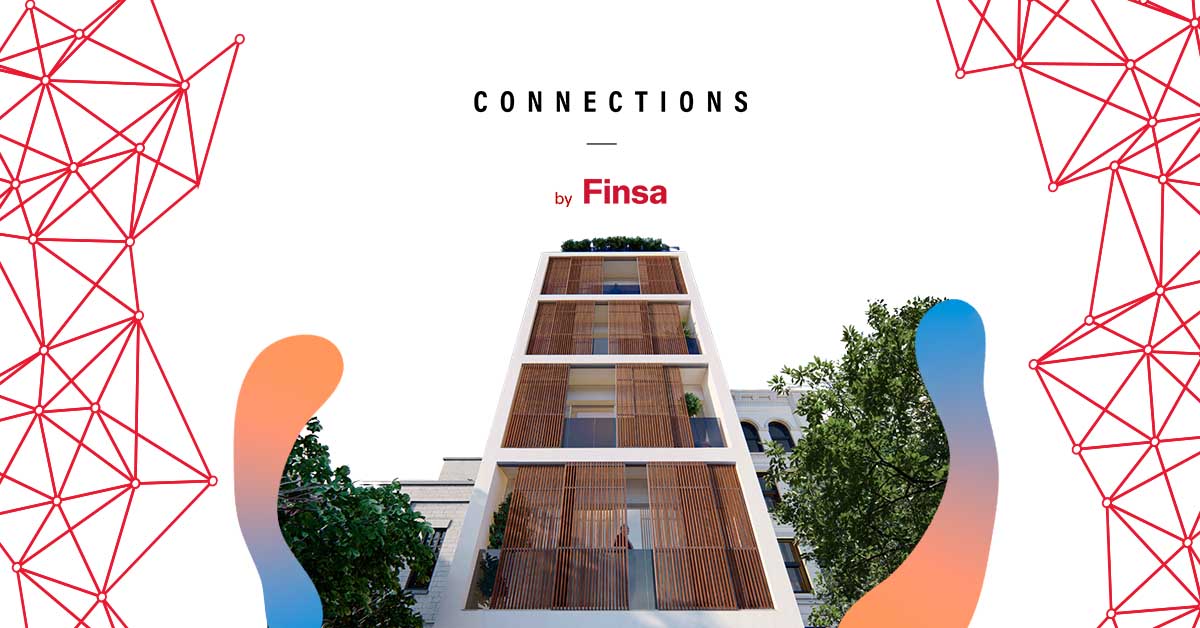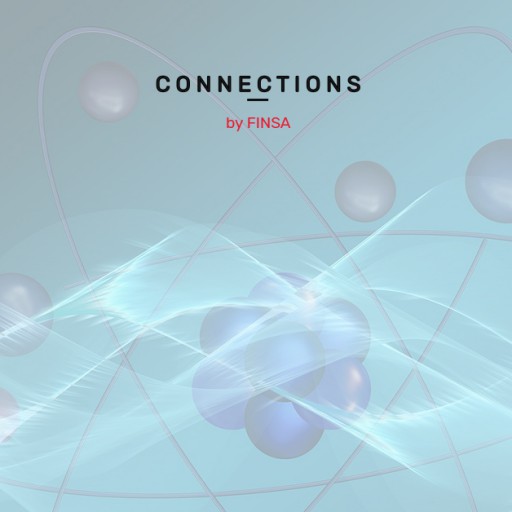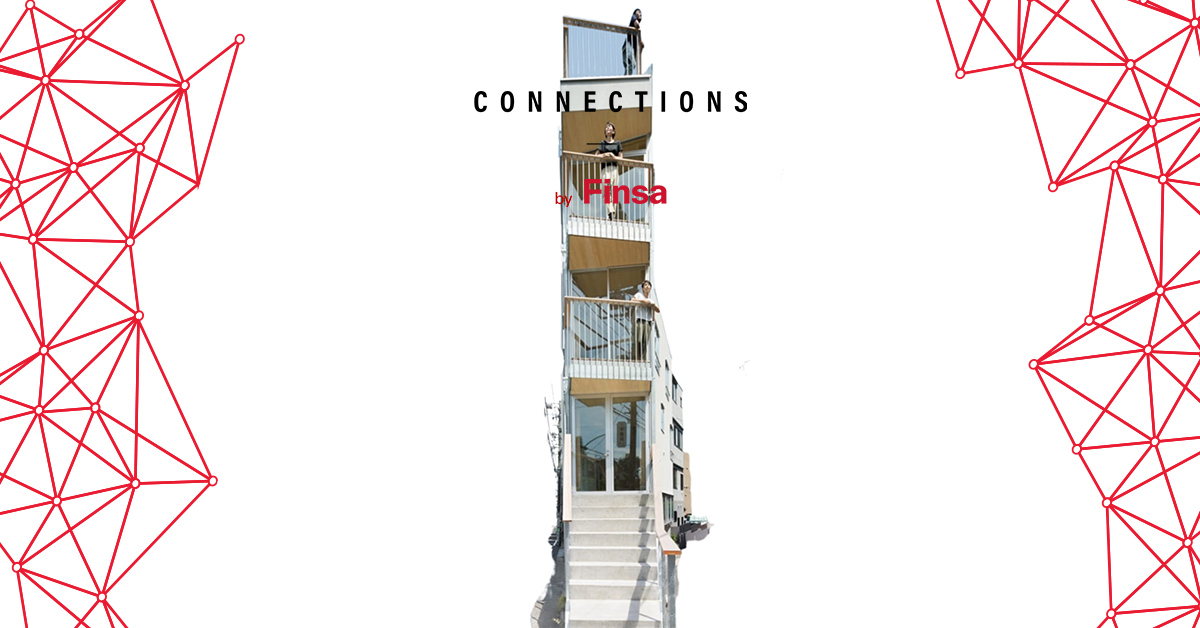Calm is beauty and travelling slowly is comforting and definitely healthier. Mass, low-cost tourism is starting to grate on our nerves because it stresses us out, can be overwhelming, is frivolous, and it harms the environment. What travellers value has changed a great deal over the last few years.
More and more, people are choosing simple, authentic, and environmentally friendly holidays. The idea is not to just visit a destination, but rather discover it, learn about it, enjoy it, and immerse yourself in it.
Ver esta publicación en Instagram
What is slow travel?
Slow travel is an increasingly popular global trend that arose as a reaction to conventional travel defined by trips so well-organised you don’t get a chance to breathe, weekends away in cities thousands of kilometres away, and “all-inclusive” holiday packages at soulless megahotels during which you don’t have see any other part of the country or have contact with its people. Slow travel is not a new idea and it certainly existed before the pandemic. But now, after months of lockdowns, it’s becoming one of the main considerations when designing and managing a hotel.
According to a 2020 report published by ABTA – The Travel Association, those who opt for this type of tripe are choosing to “slow down the tempo and experience destinations on a deeper level – making more genuine connections with local people and cultures along the way”.
Ver esta publicación en Instagram
Flygskam or flight shame
Time is highly valued in the slow travel world. Slow travellers stay at least a week at their chosen destination, which is usually located in some kind of natural environment, and choose small lodgings such as country houses or boutique hotels with just a few rooms. It’s all about quality, not quantity. They shop and dine in the same places as the locals and enjoy traditional cuisine made using local produce.
Of course, the environment is of utmost importance. The slow tourist often travels by train, eschewing cars and planes. You could say that they experience what the Swedish call flygskam, or flight shame, because they know that travel generates 8% of the world’s carbon emissions, and that a great deal of that is due to plane fuel. It’s no surprise then that French company Midnight Trains have announced that they will have launch a network of night trains that connect Europe, Spain included. There’s also the electric plane that proposes a formidable challenge but that, nevertheless, is being considered.

The ideal slow travel hotel
Although there is no official rulebook outlining what makes up a good slow hotel, there are a series of essential factors. Slow hotels evoke a sense of tranquillity and make the guest feel at one with their surroundings in a natural, subtle, and simple way. Those who manage and work at the hotel are often the owners themselves, and many of the structures are old, refurbished buildings with history that have been repurposed.
Slow hotels blend in with their surroundings through the use of colours, smells, and textures. Stone, wood, metal, and natural fabrics are a must in their interiors. The human aspect is also fundamental and is achieved through mindful interior design: homey and pleasant, intimate and quiet, relaxing and balanced. It all fits together perfectly, and each element is a part of the experience. Luxury is found in simplicity and purity.

A slow hotel must meet the needs of each client and contribute to the sustainability, simplicity, and service expected of the vacation. A wide range of books in a small library, bikes for rent, cooking classes, trips to the local market, yoga classes, and a space to chat with the locals are just a few examples of what is usually on offer.
Sustainability: the key to a slow hotel
These hotels are obviously environmentally friendly, but their commitment to saving the planet goes far beyond energy efficiency, being plastic-free, or painting the walls green. In order to reduce their environmental footprint, energy consumption from heating and refrigeration is minimised by using good insulation or proper orientation and prioritise using renewable energy.
They might also reuse shower water for watering plants or for the toilets or perhaps use rainwater. They don’t use toxic cleaning products (e.g., bathrooms are cleaned using artisanal products), preservatives, or artificial fragrances, and they use recycled paper and furniture made from natural materials.
Ver esta publicación en Instagram
The future of slow travel
According to experts in the sector, the slow trend isn’t going anywhere anytime soon and it’s very possible that it will really take off in the post-pandemic future. Travellers are prioritising the sustainability and authenticity of their holiday destinations more and more as a reaction to the out-of-control abundance and energy waste that we are used to.
The market for this type of tourism consists of staunch believers in the right to slow things down. It’s growing so much that, in addition to small business owners, more conventional companies such as Airbnb, Expedia Group, and Booking.com are also offering slow hotels.
As Carl Honoré, the Canadian ‘slow’ guru and best-selling author of In Praise of Slow (2008), once said: “our culture instils in us the fear of wasting time, but the paradox is that acceleration makes us waste our lives”. With that in mind, let’s not waste one more holiday for fear of not having enough time.
Are your holidays nice and slow? Do you look for a slow hotel when you travel? Tell us all about it on social media using #ConnectionsByFinsa.




